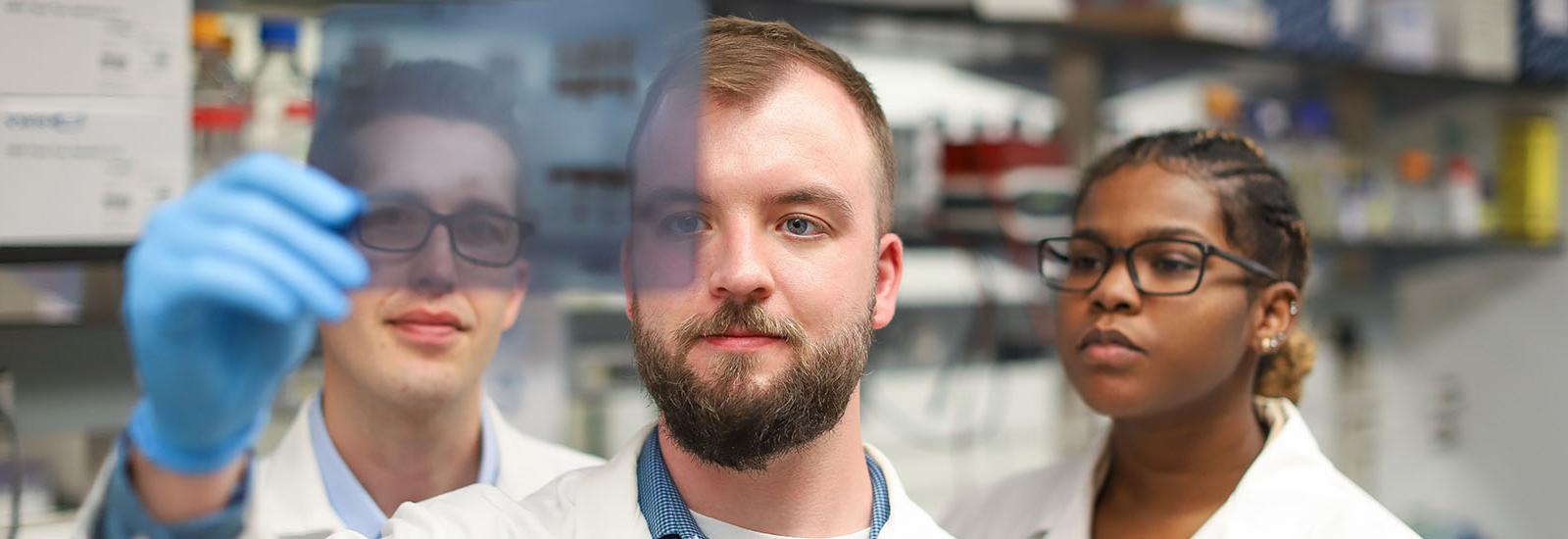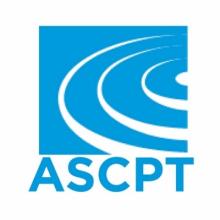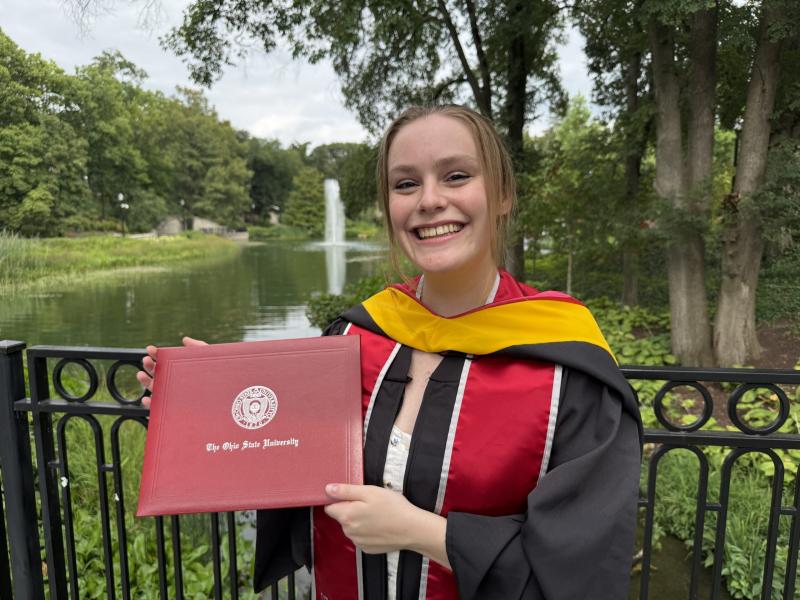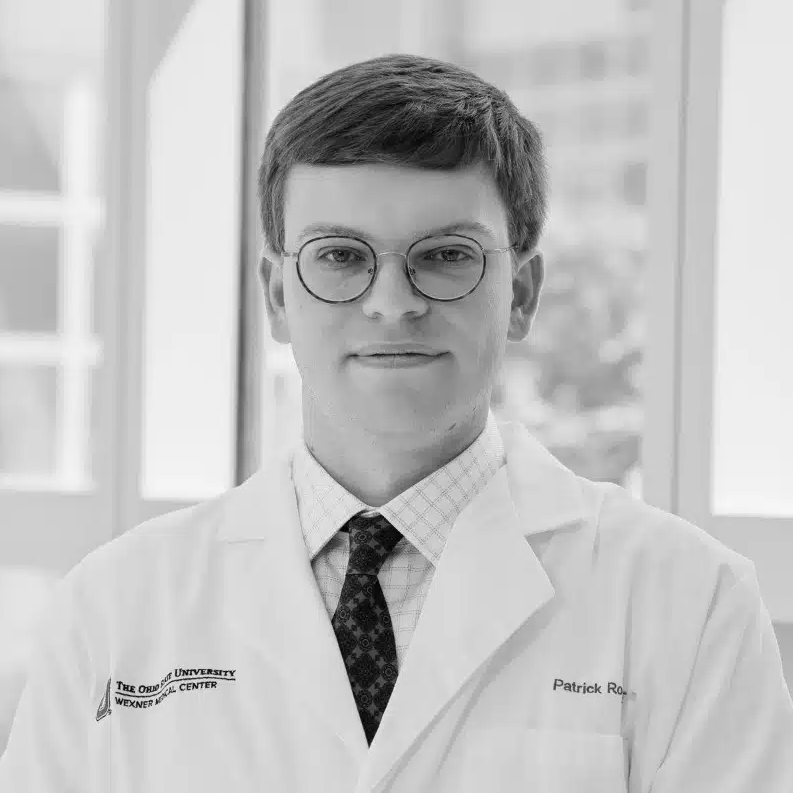Upcoming Events
-
MS Translational Pharmacology Information Session
Develop skills in preclinical or clinical trial design, toxicology, safety or clinical pharmacology, or advance your career in research administration. -
MS Translational Pharmacology Information Session
Develop skills in preclinical or clinical trial design, toxicology, safety or clinical pharmacology, or advance your career in research administration. -
MS Translational Pharmacology Information Session
Develop skills in preclinical or clinical trial design, toxicology, safety or clinical pharmacology, or advance your career in research administration.



